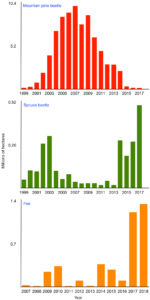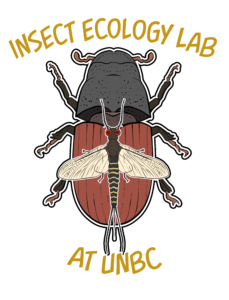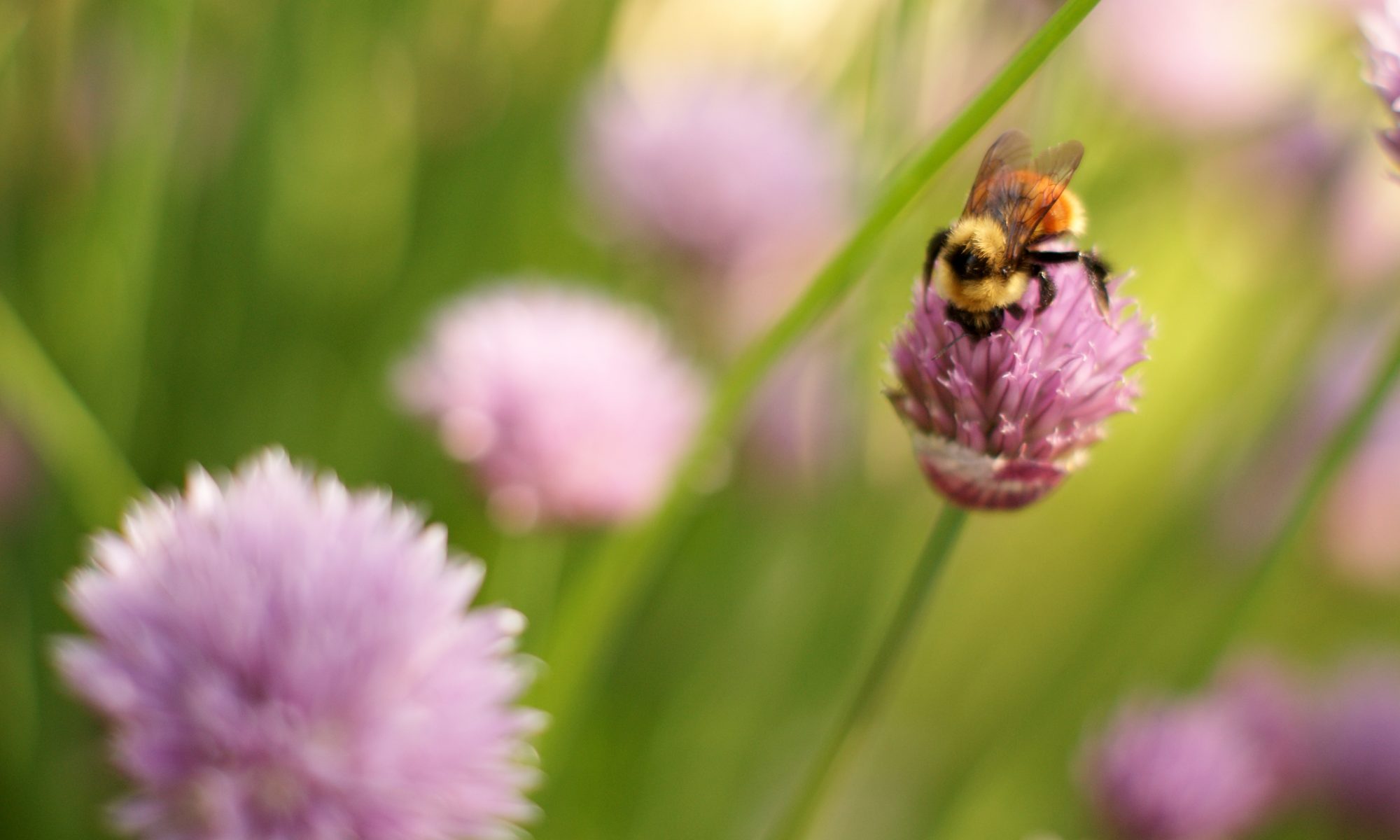A PDF of this ad can be downloaded here.
We are seeking highly motivated students at graduate (M.Sc. and Ph.D.) and undergraduate levels to join our lab group as we begin NSERC-funded research into changes in arthropod biodiversity and community assemblages following massive disturbances in western Canadian forests.

Background: British Columbia has recently been affected by insect infestations and fire. Mountain pine beetle infestations are currently declining in British Columbia due to depletion of the insect’s suitable hosts, but the beetles have now moved into novel hosts – hybrid and jack pines – in Alberta. They now threaten the remainder of Canada’s boreal forest. Spruce beetle infestations have increased substantially in recent years, particularly in the central interior of BC. The summers of 2017 and 2018 saw record-breaking fire activity in British Columbia, along with massive, catastrophic fires in other parts of western North America.
Research objectives: Bark beetle infestations and fire interact with each other, and with anthropogenic landscape modifications and climate change. This has caused major perturbations in forested ecosystems in the interior of British Columbia and in Alberta. The main objective of this research is to determine the effect of massive disturbance events on arthropod assemblages, their related ecological services, and resilience under a shifting climate regime. Other objectives include: (a) identifying indicator species that can be used by silvicultural managers to monitor future forest health and recovery; (b) creating species lists, along with vouchered specimens and data, as baseline natural history data in an under-surveyed region of Canada; and (c) detection and investigation of species of conservation concern, cryptic species, etc. Specifically, available projects include:
- arthropod assemblages following mountain pine beetle infestation and during early recovery in British Columbia lodgepole pine forests.
- shifts in arthropod assemblages following mountain pine beetle infestation in Alberta forests.
- arthropod assemblages following spruce beetle infestation and early recovery in central British Columbia.
- shifts in arthropod assemblages following recent massive fires in British Columbia’s central interior.
About UNBC: UNBC is a small, research-intensive university in the central interior of British Columbia. It is consistently recognized as one of the top small universities in Canada. The geographic location of the main campus, as well as the several regional campuses across northern and northwestern British Columbia, offer ample field research opportunities. UNBC also administers two research forests within close driving distance to the main campus, and a nearby research station on the Quesnel River.
UNBC maintains extensive, modern laboratory facilities including a molecular biology core facility and an environmental analytical lab. Researchers also have access to high-performance computing as well as comprehensive GIS infrastructure. Our insect ecology lab at UNBC, is accessible and well-supplied with field equipment, research vehicles, microscopes, and molecular biology equipment. A list of publications from our research group can be found here.
Prince George is the largest city in British Columbia’s central interior (population ~80,000) and supports the surrounding area with services ranging from education to comprehensive health care to shopping and other commercial activities. The city has active outdoor recreational, sporting, and cultural communities and there are always opportunities to get involved and meet others. For more information about things to do in and near the city, please see the Tourism Prince George website.
Study and stipend details: Undergraduate students interested in this work should be enrolled at UNBC in a relevant degree program. Most undergraduates will work as field assistants for graduate students. In some cases (honours thesis, undergraduate thesis, NSERC USRA), students will also work on their own project.
Graduate student degrees (Ph.D. and M.Sc.) will be run within the Natural Resources and Environmental Studies Institute at UNBC. More information about the NRESI and its graduate programs can be found here.
Graduate students without external funding will be provided with stipends related to current NSERC graduate-level stipends. Direct funding will be provided for an average of six months each year, and students will usually be required to work as teaching assistants or find external funding beyond that. There are generally sufficient teaching assistant opportunities available in our department to ensure full yearly stipends. In addition, UNBC and the Province of British Columbia offer a variety of graduate scholarships to eligible students, and all Ph.D. students receive an automatic 100% tuition rebate for up to four years. Students who arrive with or bring in external funding will have their external stipends topped-up via available internal research funds.
 Requirements: Successful graduate candidates must have an appropriate prior degree from a recognized university for admittance. Top candidates will be able to demonstrate a keen and continuing interest in insect ecology, biodiversity, and community ecology – previous research experience in these fields will be considered advantageous. Applicants should have prior field and lab research experience, as well as strong statistical/analytical capabilities. Applicants must be independent thinkers and must also demonstrate a solid grasp of the English language.
Requirements: Successful graduate candidates must have an appropriate prior degree from a recognized university for admittance. Top candidates will be able to demonstrate a keen and continuing interest in insect ecology, biodiversity, and community ecology – previous research experience in these fields will be considered advantageous. Applicants should have prior field and lab research experience, as well as strong statistical/analytical capabilities. Applicants must be independent thinkers and must also demonstrate a solid grasp of the English language.
Ph.D. applicants will preferably have published (or recently submitted) one or more research papers in peer reviewed journals. Publishing experience will be considered an asset for M.Sc. applicants, but is not necessary.
Undergraduate applicants should have a strong interest in entomology and/or ecology, and a willingness to learn.
We encourage Indigenous people, visible minorities, diversely-abled people, women, and people from the LGBTQ2S+ communities to apply.
Initial application process: Graduate candidates should send the following application package to Dr. Dezene Huber at huber@unbc.ca:
- a cover letter explaining background, skills, and interest in the project.
- a CV listing items such as education, publications, science communication, professional presentations, and service work. Please include details about external scholarship funding that has been received or applied for.
- contact details for two or three research scientists (academic, government, NGO, industrial/consulting, or otherwise) who would be willing to provide a reference.
Undergraduates should contact me via email and they do not need to submit a cover letter or CV.
The review of applications will be ongoing until candidates are found, but applying earlier is better for access to potential graduate scholarships, and to teaching assistantships.
Successful preliminary applicants will be invited to formally apply to UNBC.
Other useful links:
- UNBC International
- Immigrant and Multicultural Services Society
- Access Resource Centre at UNBC
- Aboriginal Resource Dati at UNBC
- Northern Women’s Centre at UNBC
- Inspiring Women Among Us at UNBC
- Northern Pride Centre at UNBC
- Prince George Public Interest Research Group at UNBC
